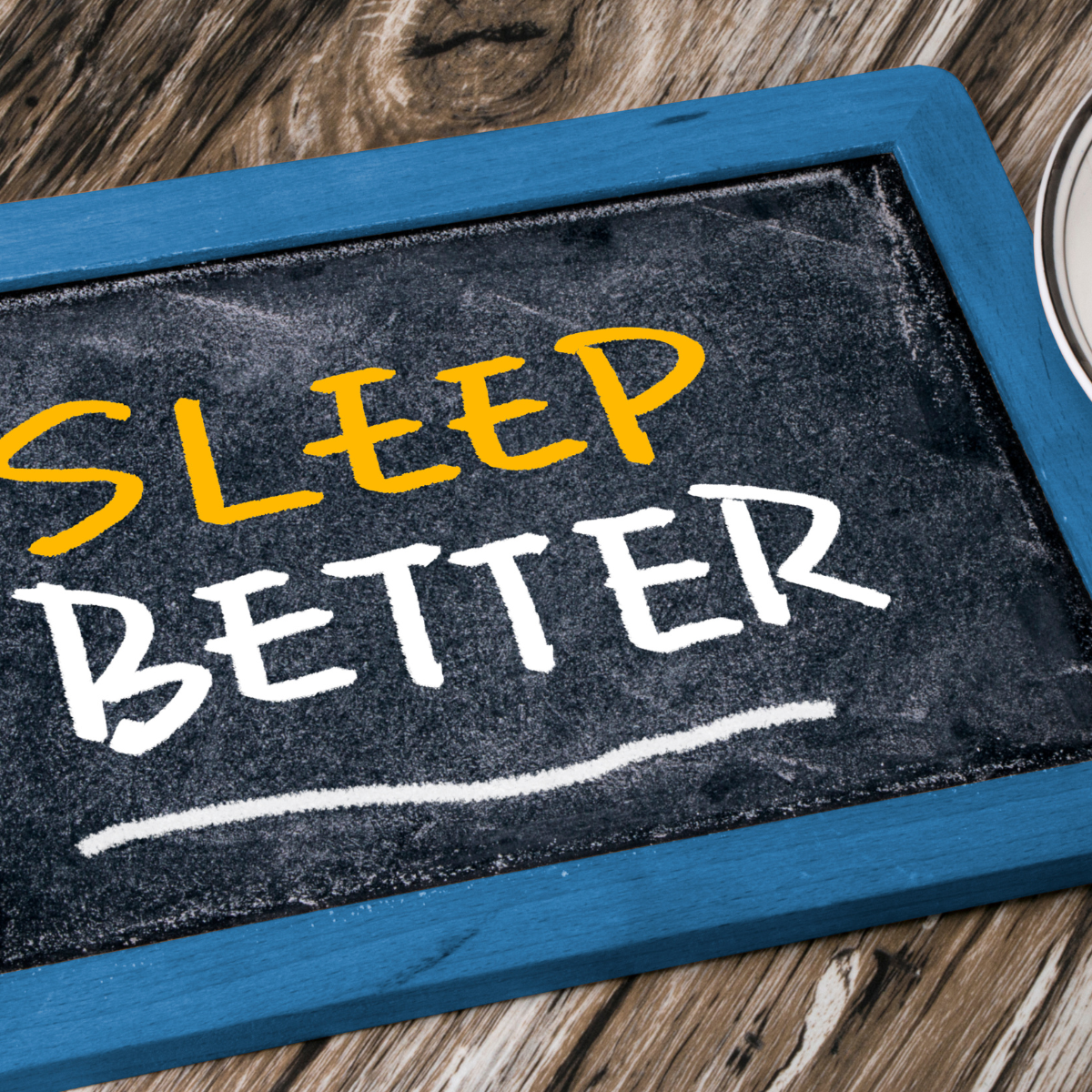Lifestyle Changes
1.Regular Exercise:Engaging in regular physical activity can help regulate your sleep patterns. Exercise promotes the production of endorphins,which can reduce stress and anxiety,common culprits of sleep disturbances.Aim for at least 30 minutes of moderate exercise most days of the week,but avoid vigorous activity close to bedtime as it may interfere with sleep.
2.Consistent Sleep Schedule :Going ti bed and waking up at the same time every day,even on weekends,can help regulate your body’s internal clock.This consistency makes it easier to fall asleep and wake up naturally.
3.Stress Management:High stress levels can lead to insomnia and other sleep problems.Incorporating stress reducing practices such as meditation,deep breathing exercises,and yoga into your daily routine can improve sleep quality.
Environmental Adjustments
Creating an optimal sleep environment is another crucial step in improving sleep quality.Your bedroom should be a sanctuary for rest,free from distractions and conductive to relaxation.
1.Comfortable Mattress and Pillows:Investing in a high-quality mattress and pillows that provide adequate support and comfort is essential. Your bed should be inviting and tailored to your specific comfort needs.
2.Control Light Exposure:Exposure to natural light during the day helps regulate your sleep-wake cycle.Conversely,minimizing light exposure in the evening can signal to your body that it’s time to wind down.Consider using blackout curtains to keep your bedroom dark and limit the use of electronic devices before bed,as the blue light emitted by screens can interfere with melatonin production.
3.Maintaining a Cool Temperature :A cool sleeping environment ,typically between 60-67 degrees Fahrenheit(15-19 degrees Celsius),is ideal for most people.Adjust your thermostat,use fans,or choose appropriate bedding to ensure a comfortable sleeping temperature.
4.Reduce Noise: Noise can be a significant barrier to restful sleep. Use earplugs,white noise machines,or soundproofing techniques to minimize disruptive sounds. If total silence is uncomfortable,gentle,calming background music can be helpful.
Dietary Considerations
What you eat and drink can have a profound impact on your sleep quality.Making mindful dietary choices can promote better rest.
1.Avoid Stimulants: Caffeine and nicotine are stimulants that can disrupt sleep.Limit your consumption of caffeinated beverages like coffee,tea,and soda,especially in the afternoon and evening.Similarly,avoid smoking or using other nicotine products close to bedtime.
2.Limit Alcohol:While alcohol may initially make you feel sleepy,it can disrupt your sleep cycle and lead to fragmented sleep.Try to avoid alcohol in the hours leading up to bedtime.
3.Mind Your Meals:Eating large or heavy meals close to bedtime can cause discomfort and interfere with sleep. Aim to finish eating at least two to three hours before you plan to go bed.If you need a snack,choose something light and sleep-promoting,such as a small portion of nuts or a banana.
Relaxation Techniques
Incorporating relaxation techniques into your bedtime routine can help signal your body it’s time to sleep.These practices can calm your mind and prepare you for rest.
1.Establish a Bedtime Routine:Having a bedtime consistent bedtime routine can train your body to recognize when it’s time to wind down.This could include activities such as reading a book,taking a warm bath,or practicing gentle stretching exercises.
2.Practice Mindfulness and Meditation:Mindfulness and meditation can help quiet a recing mind and reduce anxiety.Simple breathing exercises or guided meditation sessions can promote relaxationand make it easier to fall asleep.
3.Progressive Muscle Relaxation:This technique involves tensing and then slowly relaxing each muscle group in your body,starting from your toes and working up to your head.Progressive muscle relaxation can help release physical tension and promote a sense of calm.
Addressing Sleep Disorders
For some individuals,sleep disorders may be the underlying cause of poor sleep quality.Conditions such as insomnia,sleep apnea,restless legs syndrome,and narcolepsy require medical attention and specific treatments.
1.Consult a Healthcare Professional:If you suspect you have a sleep disorder,it’s important to seek a professional advice.A healthcare provider can conduct evaluations,provide diagnoses,and recommend appropriate treatments or interventions.
2.Cognitive Behavioral Therapy for Insomnia(CBT-I):CBT-I is a structured program that helps individuals identify and change thoughts and behaviors that negatively impact sleep.This therapy has been shown to be highly effective in treating chronic insomnia.
3.Medical Interventions: For conditions like sleep apnea,medical interventions such as continuous positive airway pressure(CPAP) therapy may be necessary.Medications may also be prescribed for certain sleep disorders under the guidance of a healthcare provider.
Improving sleep quality involves a multifaceted approach that encompasses lifestyle changes,environmental adjustments,dietary considerations, and relaxation techniques. By implementing these strategies, you can create a sleep-friendly environment and establish habits that promote restful and rejuvenating sleep. If sleep problems persist, seeking professional help is crucial to address potential sleep disorders and achieve optimal sleep health. Remember, good sleep is not a luxury but a necessity for overall health and well-being.

